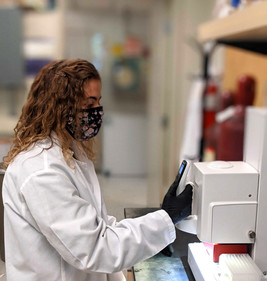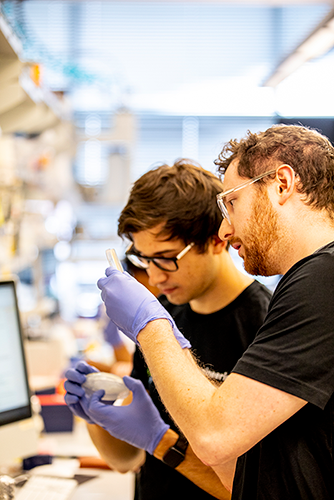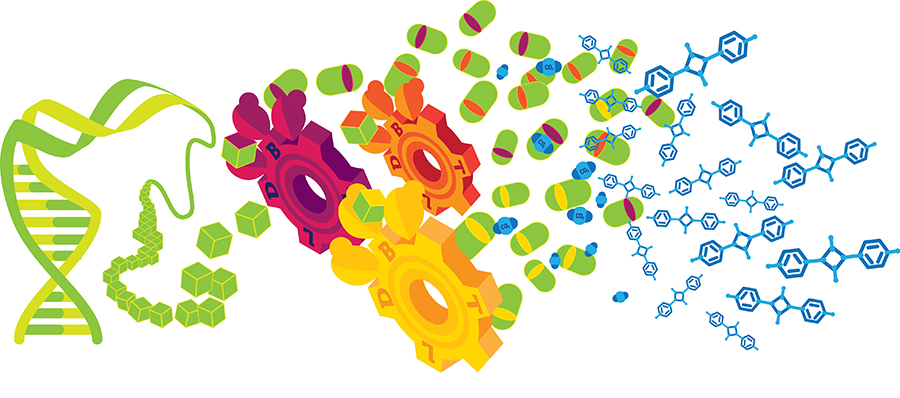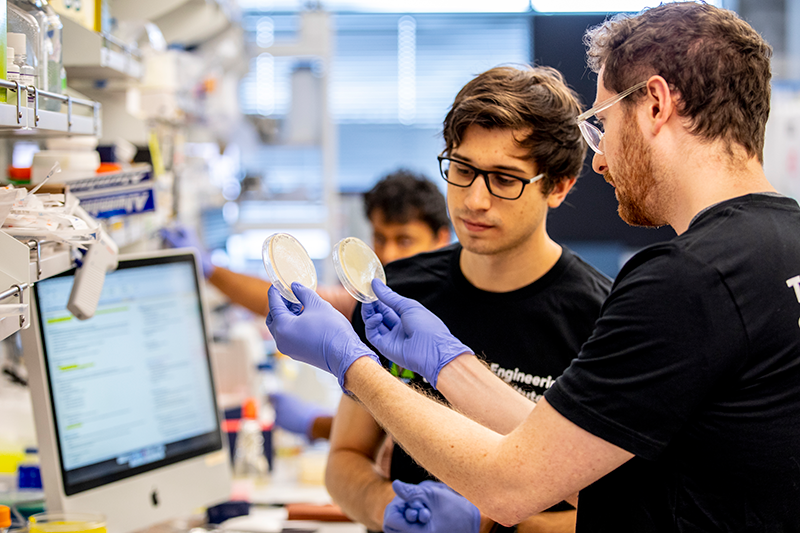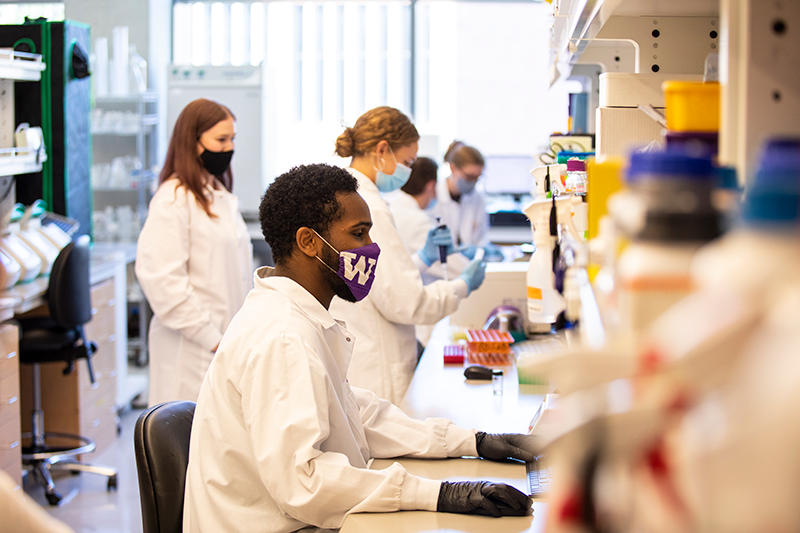
Engineering biology to help people & the planet
What is synthetic biology?
Synthetic biology is an emerging discipline focused on engineering biological parts and pathways that enable living systems to perform new and useful functions. At the University of Washington (UW), synthetic biology research involves engineered gene regulatory mechanisms and networks, engineered signaling pathways, metabolic engineering, and engineered biological molecules such as proteins and nucleic acids. Applications include cell and tissue engineering, gene therapy, biologically derived drugs and materials, alternative fuels, biosensors, and much more. Established March 2013, the mission of the UW Center for Synthetic Biology is to provide a collaborative and interdisciplinary environment for research, education, innovation, safety and responsibility in synthetic biology at the UW and in the Seattle area.
A GROWING ECOSYSTEM
Synbio spinouts
Consistently ranked the most innovative public university in the world, University of Washington researchers are pioneering new tools and technologies using synthetic biology.
A number of startups have emerged from UW, harnessing the power of biological engineering to tackle complex challenges.
